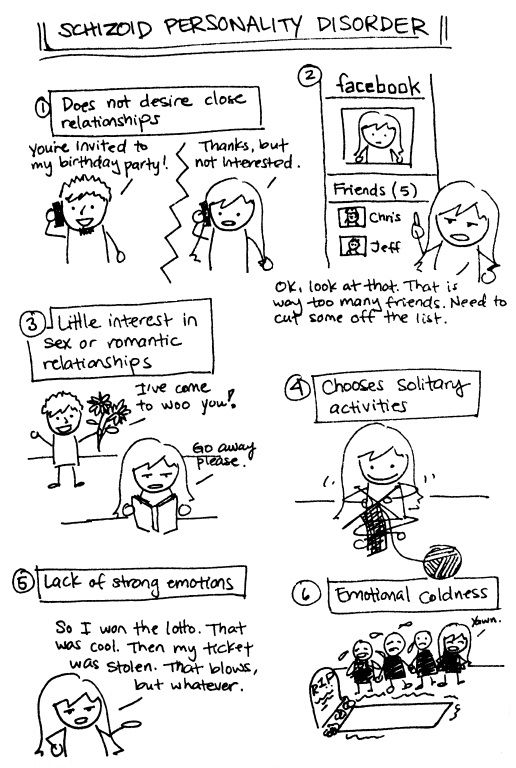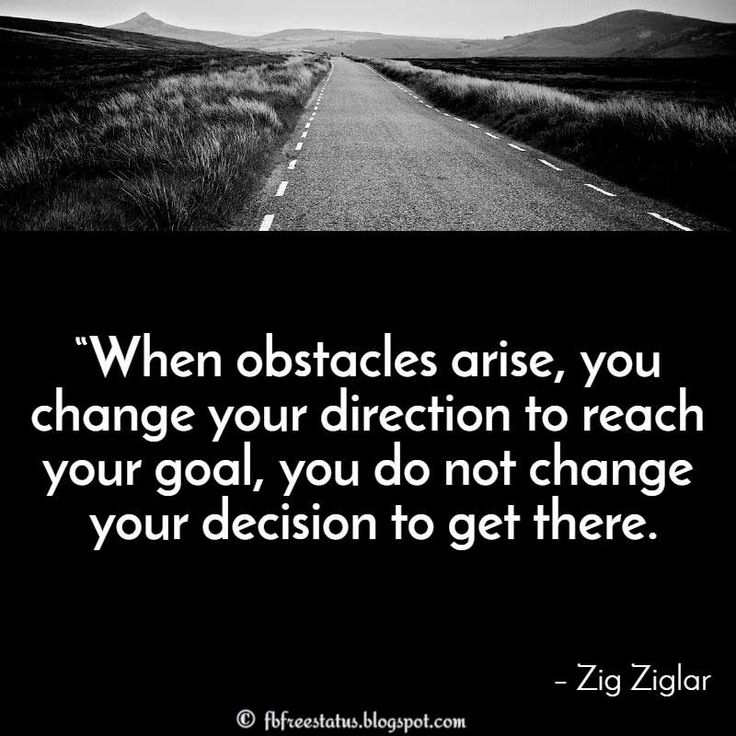The emotional hostage
Emotional Hostage - NLP Comprehensive
by Leslie Cameron-Bandler and Michael Lebeau
DESCRIPTION: Often we feel trapped and at the mercy of emotions that we don’t want. This book teaches how to gain control over our emotional lives by discovering the many factors that together arouse our feelings. For instance, realizing that our emotions are the results of our memories of the past and our anticipation of the future as well as our perceptions in the moment, allows us to shift time frames in order to feel differently. Slowing the intensity and tempo of an unpleasant experience can change rage to dissatisfaction, and increasing the intensity and tempo of a pleasant one can change satisfaction into excitement. These are just a few of the elements of our experiencing that we can learn to modify to solve the problems caused by emotions and have a more satisfying life.
EXCERPT: Leslie glanced up from her magazine to check the time. She felt concerned about our son, Mark. It was a quarter past ten and he was still not home from the show. It was only fifteen minutes past the time Mark had promised to be home, but Leslie’s mind was already straying to the consideration of some of the more unpleasant reasons why he might be late. When fifteen minutes later Mark still had not returned, Leslie began thinking about some of the dire possibilities, and soon her imagination had her feeling quite upset. As the minutes ticked by, Leslie began running the awful scenes in her head faster and faster, coming up with new twists, and adding more and more detail, until soon she was feeling quite anxious. She tossed her magazine aside and began pacing the room. As the awful images became more and more real, Leslie found herself peering out the window for approaching headlights and repeatedly glancing at the phone, willing it to ring. Unable to restrain herself any longer, she lunged for the telephone to call the police, the movie theater, Mark’s friends, anyone! Then the front door opened.
She tossed her magazine aside and began pacing the room. As the awful images became more and more real, Leslie found herself peering out the window for approaching headlights and repeatedly glancing at the phone, willing it to ring. Unable to restrain herself any longer, she lunged for the telephone to call the police, the movie theater, Mark’s friends, anyone! Then the front door opened.
Leslie’s emotional journey from concern to hysterical desperation was powered almost solely by one component of her experience, that of intensity. Accompanying each emotional step she took was an increase in the intensity of the images she was making, including more images, enhanced detail, increased depth of colors, more accompanying sounds; an increase in the intensity of her movements, such as pacing the floor; and an increase in the intensity of the sensations she was feeling. As in the case of Leslie’s emotional progression from concern to upset to anxiety to desperation, the distinct qualities of many emotions are due to their characteristic intensities. The intensity we are talking about here is not absolute, but subjective and relative. Although anger and disapproval are structurally very similar emotions, they are obviously of different intensities, anger being more intense than disapproval.
As in the case of Leslie’s emotional progression from concern to upset to anxiety to desperation, the distinct qualities of many emotions are due to their characteristic intensities. The intensity we are talking about here is not absolute, but subjective and relative. Although anger and disapproval are structurally very similar emotions, they are obviously of different intensities, anger being more intense than disapproval.
It is often possible to move from one emotion to another simply by changing the intensity of the experiences you are having at the time. For instance, find an example of some outcome that you recently attained about which you feel satisfied. When you are again feeling that satisfaction, increase the intensity of the emotion by making your internal images of what you did brighter and more colorful, making your feelings stronger, and changing your internal dialogue to include such praise as, “Wow, I did it, that’s great! Look at all it does for me, and it means I’m such a great person!” For most people, increasing the intensity of feeling satisfied in this way takes them to feeling thrilled, or even ecstatic.
Of course, intensity is a continuum that covers not only more, but less as well. You can take the emotion of ecstasy and dull your images, sensations and feelings, and internal dialogue to the point that it becomes titillation or satisfaction. As straightforward and effective as changing intensity is, it rarely occurs to people to do it in order to have the kinds of emotional experiences they need or would like to have. For instance, if you take a moment to search through your own experiences you will probably find examples of situations in which you short-changed yourself by feeling only satisfied when you really deserved to feel ecstatic. Or there may have been times when you were thrilled or ecstatic when it would have been more appropriate to feel merely satisfied–for example, getting ecstatic over a dollar-an-hour raise, when what you actually needed and wanted was considerably more.
The steady hand with which our friend Katy had answered the telephone was shaking when she dropped the receiver back into its cradle a few minutes later. When her secretary asked what was the matter, Katy explained that the boss wanted her to report at the next meeting on one of the big accounts she was developing. Katy’s secretary tried to reassure her, saying, “You’ve been on that account for a year now. You know it backward and forward.” Katy collapsed back into her chair muttering, “Forget it. The meeting’s been pushed up to tomorrow. There’s no way I can have all that material down pat.” For the next three hours Katy worked on her presentation, but she knew that she would need at least a week to prepare adequately. As the hours passed, her anxiety grew. She became so panic-stricken, in fact, that she was on the verge of taking a tranquilizer to calm herself down, when the telephone rang again. The hand that set the receiver down this time was rock steady. It had been her boss again, this time apologizing because he had been called away and would not be there for her presentation. Katy smiled at her secretary.
When her secretary asked what was the matter, Katy explained that the boss wanted her to report at the next meeting on one of the big accounts she was developing. Katy’s secretary tried to reassure her, saying, “You’ve been on that account for a year now. You know it backward and forward.” Katy collapsed back into her chair muttering, “Forget it. The meeting’s been pushed up to tomorrow. There’s no way I can have all that material down pat.” For the next three hours Katy worked on her presentation, but she knew that she would need at least a week to prepare adequately. As the hours passed, her anxiety grew. She became so panic-stricken, in fact, that she was on the verge of taking a tranquilizer to calm herself down, when the telephone rang again. The hand that set the receiver down this time was rock steady. It had been her boss again, this time apologizing because he had been called away and would not be there for her presentation. Katy smiled at her secretary. “With just the department heads there, I only need the highlights. Tomorrow will be a piece of cake,” she said languidly.
“With just the department heads there, I only need the highlights. Tomorrow will be a piece of cake,” she said languidly.
It may have occurred to you that, of course, you do not just throw together any old time frame, modality, intensity, tempo, etc., and get an emotion. Emotions always occur within a particular context or situation–although you may be unaware of the context, as when you feel anxious but have not recognized that your anxiety relates to an upcoming presentation you must give. Situations change; and when they do, what is important to you changes as well. For instance, when she thought her boss was going to be present for her report, it was important to Katy that she have her material “down pat,” and she felt anxious. But when she found out that her boss would not be there, it became important only to be able to “hit the highlights,” and she felt confident. The term we use to refer to those things that you think are important is criteria.
Criteria are the standards that you are applying in a certain situation. In Katy’s case, the criterion that she initially applied to her presentation was that of having it “down pat.” That criterion and what she believed to be her actual level of preparedness combined to make her feel anxious. If she had thought that she did have it down pat then she would have felt excited or confident, rather than anxious. When her boss’s absence made it possible for Katy to change her criterion to having her presentation “hit the highlights,” her emotional response to the presentation changed as well.
TOC:
The Emotional Hostage
A World of Emotional Choice
Emotions Are the Source
The Structure of Emotions
The Pieces of the Puzzle
Orienting to Your Emotions
Selecting Your Emotions
Accessing Your Emotions
Expressing Your Emotions
Employing Your Emotions
Prevention
Anticipation
REVIEWS:
If, as Shakespeare said, all the world is a stage and we are the players, then learning to control one’s emotions is like having the ability to choose exactly which roles we will play. I have found this book to be an owner’s manual for the human psyche.
I have found this book to be an owner’s manual for the human psyche.
Stephanie Craig, The Arizona Daily Star
This is a provocative and incredibly-detailed analysis of human emotions. It tells you how and why emotions occur, how you can control them, even how to use them to your advantage.
Cleve Twitchell, Lifestyles Editor of the Medford Mall Tribune
The authors have taken a user-friendly scientific approach to a crucial human problem.
Marilyn Ferguson, Publisher of Brain Mind Bulletin and Author of The Aquarian Conspiracy
Leslie Cameron-Bandler and Michael Lebeau have created an obvious work of care and quality with The Emotional Hostage. If you read anything at all in the self-help/self-improvement genre this year, make it The Emotional Hostage.
James A. Cox, The Midwest Book Review
Combining a lucidly-articulated position with carefully-sequenced practice exercises, the authors provide us with the opportunity to learn to use our emotions in a satisfying and productive manner.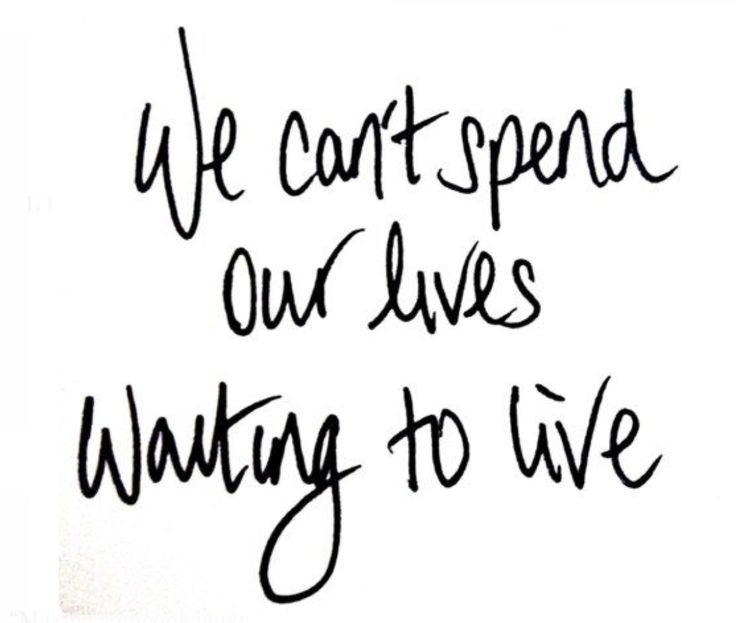
Anthony T. Pallisi, Ed.D. and Mary D. Kelly, Ph.D., Editors, The Family Letter
BACKCOVER: We lived storybook lives. At least it seemed that way to our families, friends, colleagues, and students. As evidence they pointed to our professional success, our lovely home and happy child, and our romantic and passionate love for each other. But behind the trappings of professional success, hidden from those around us, was a life of recurring torment. We were hostage to a powerful but little-understood force: our own emotions. In our first attempts to struggle free of the grip of our emotions, we learned to appreciate the seriousness of our plight. We also discovered the we were not alone.
All of us are hostage to our emotions in one way or another. Some people are confined and constrained by their fear of the intensity of such emotions as inadequacy, sadness, hurt, and rejection. For these people, emotions are like land mines; they tiptoe through life trying to avoid dangerous feelings. At the first hint that a strong emotional response is underfoot, they withdraw. They avoid situations that appear to be emotionally highly-charged, such as a heated argument with a loved one, visiting an acquaintance who is suffering from cancer, or spending time with a friend who is depressed. In order to spare themselves the sting of hurt and rejection, they refrain from reaching out to others. They also steer clear of professional challenges. This way they can avoid tripping over unpleasant surprises, such as feelings of inadequacy. As a ransom, these people avoid huge areas of life in the way that some people avoid seeing scary movies. In the process, they are usually successful at keeping themselves from experiencing much of what is worthwhile in life.
A World of Emotional Choice
Imagine for a moment that you live in a world in which you have available to you the full range of human emotions, as well as choices about which of those emotions to experience and how to express them at any given moment. In this world you have access to the sobering unpleasantness of disappointment, anger, and frustration, as well as the exaltation of pride, confidence, and joy. You might wince under the pangs of jealousy, regret, fear, grief, and hopelessness, but only for as long as it takes to extract whatever information these wounds might hold for you. Then you quickly heal and move on. In this world you do not need to mask the feelings that are the expressions of yourself just because you do not know how to satisfyingly express them. Instead, you have access to all of the emotions and behaviors that are the authentic manifestation of who you are and who you want to be. The standard for interactions In this world is a mutually-fulfilling dance of emotions and behavior, while stepping on the emotional toes of those around you is a rare mistake.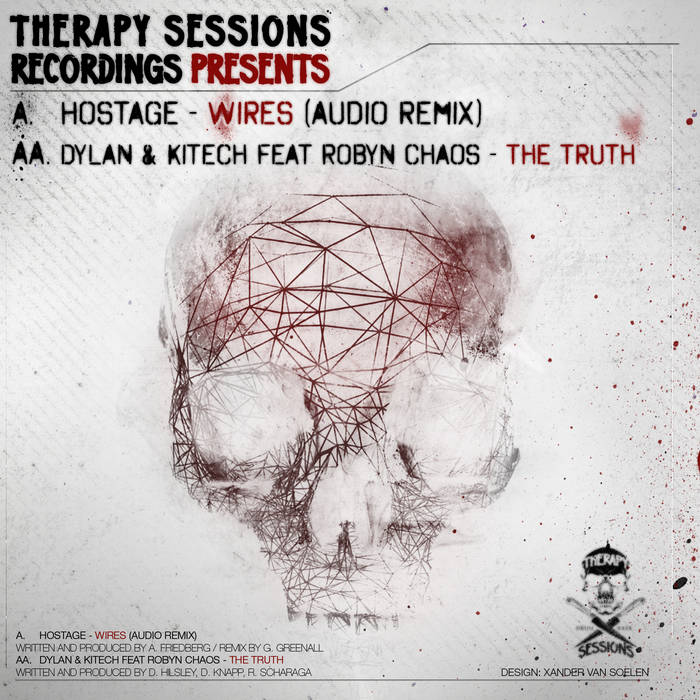
How close are most of us to living in such a world? What would such a world really be like? As it is now, it’s not uncommon for a person who is facing a job interview or sales presentation to feel anxious, his palms breaking out in sweat. He may squirm around, his voice cracking and his attention and concentration ricocheting from one worry to another. No matter how worthy a potential employee he is or how substantive his sales pitch, his presentation will be sabotaged by his anxious feelings, behavior, and appearance. In a world in which emotional choice is a skill that all enjoy, however, this person could choose to present himself with a deep feeling of personal confidence and competence, manifested in his calm demeanor and alert and attentive responses.
Personal lives would be significantly different as well. We all know couples who, as a result of the years of emotional deprivation they have experienced together, seize the opportunity of social situations to sling snide put-downs at one another. Even cloaked as humor, as they often are, such barbs bite deeply, continually adding to the resentment that already scars their relationship. But in a world of emotional choice, it would be difficult to build resentment. Instead, these two people would recognize and respond to their own emotional needs and wants, as well as those of their mate. Over the years, they would experience an increasing sense of trust and security because each day they would have fresh examples of their ability to notice and respond well to the fluctuations of emotional atmosphere that naturally accompany the weather of relationships.
Even cloaked as humor, as they often are, such barbs bite deeply, continually adding to the resentment that already scars their relationship. But in a world of emotional choice, it would be difficult to build resentment. Instead, these two people would recognize and respond to their own emotional needs and wants, as well as those of their mate. Over the years, they would experience an increasing sense of trust and security because each day they would have fresh examples of their ability to notice and respond well to the fluctuations of emotional atmosphere that naturally accompany the weather of relationships.
AUTHOR BIOS: The authors are co-developers of NLP and creators of Mental Aptitude Patterning. They have written several highly-acclaimed books on personal development, including Solutions, Know How, and The EMPRINT Method. The authors continue to bring the benefits of emotional choice to their work and to their marriage.
ISBN: 0932573037
ARE YOU BEING HELD AS AN EMOTIONAL HOSTAGE? | by Mark Webb The Relationship Specialist
By Mark Webb, The Relationship Specialist
Emotional hostage takers can be your partner, your child, your parents or any person in your life. They can be hard to spot and even harder to cope with. Here are the warning signs to help you identify if you are in an emotionally unhealthy friendship or relationship:
- The person seems like they are your friend but the relationship is very draining on you. They conjure up situations that play off your sense of duty to the relationship. If the emotional hostage taker is afraid you are pulling away, or they don’t want you to do something with other friends, they will become ill, injured, or have a crisis.
- They may be a generally nice person but you have to watch what you say and do. Hostage takers can be easily upset which leaves you with a sense that you are walking on eggshells.
- They seem to have a lot of emergencies.
 They expect you to drop everything you are doing when they are having one of their countless crises. They may come across as helpless and in desperate need of your help but the situation doesn’t seem as bad as they are reacting.
They expect you to drop everything you are doing when they are having one of their countless crises. They may come across as helpless and in desperate need of your help but the situation doesn’t seem as bad as they are reacting. - They have a way of making you question your perception of what’s going on around you. While the rest of the world seems to trust your judgment, this person tries to make you think you are crazy.
- Your feelings are trivialized but their feelings are positioned much higher in significance.
- Emotional hostage takers have a way of obligating you to the friendship. They may be very sincere sounding and appreciative of your time, devotion and energy but this kindness turns sour if you don’t comply with their plans for you.
- If you let them down, they will be angry and hurt with you. You might not have done anything wrong but they have twisted it somehow and now you must profusely apologize. You might not be clear as to why you are apologizing but you know you had better apologize because the situation is escalating.
 Emotional hostage takers are masters at laying on the guilt trips. They will increase the amount of guilt until you apologize enough for their liking.
Emotional hostage takers are masters at laying on the guilt trips. They will increase the amount of guilt until you apologize enough for their liking. - Hostage takers may hold you captive with charm, praise and attention. They will tell you things like you are the only person who truly understands them. This sounds nice but it will feel like a shackle.
- They can flip on you in an instant and make you feel like you are ungrateful and unappreciative of all their love and their understanding.
- These people usually have a deep seated insecurity and low self-esteem that is masked with a good appearance of confidence.
- If you feel isolated from your family and friends, you may be an emotional hostage. Their need for your friendship keeps you from being available to the other people in your life.
- The hostage takers’ needs and crises have a way of preventing you from going to social events where you can interact with others. It is easier to stay in their company than to have to deal with their negative reactions.
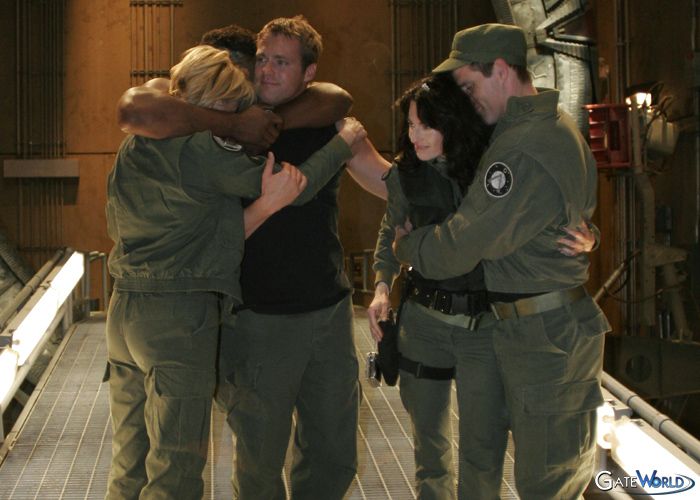
- If you do go to a social event without them, you feel like you have to omit or alter exactly what you’ve done so as not to upset them. They want to know exactly what you do and with whom. If they have disapproval, you will either feel their guilt or the sting of their anger.
- They may even entrust you by placing their well-being in your hands. The emotional hostage taker may threaten self-harm if you try to end the relationship. If they can get you to fall into this trap, this will become their go-to method of holding you captive in the future. It is crucial that you get immediate intervention through therapy for yourself and for them. If the person makes a suicide threat, then call 911. Let the experts handle this.
Points To Consider If You Are Thinking About Ending A Relationship With An Emotional Hostage Taker:
1) You feel worse about yourself when you’re with this person. 2) The friendship doesn’t feel like a friendship. Friendships should have mutual trust and respect. They shouldn’t feel negative and draining.
They shouldn’t feel negative and draining.
3) Something is wrong if you live in fear of their reactions.
4) You’ve made a mistake or done something wrong; and have done your best to make amends for your error but the other person is still punishing you for “ruining” their life.
5) Friendships/relationships shouldn’t involve patterns of intimidation, humiliation or ridicule.
6) Your friends and family have tried to convince you to leave. They see the problem but you still feel compelled to continue your involvement with this negative person.
7) You have noticed a decline in your school or work performance because of this friendship.
8) Getting out of this kind of interaction usually requires therapy. Get professional help. If someone you love is trapped in this psychological challenge, go with them to therapy. Be supportive instead of confrontational.
Mark Webb is a Licensed Marriage and Family Therapist in private practice at South Georgia Psychiatric and Counseling Center in Valdosta. He is the author of How To Be A Great Partner and How To Argueproof Your Relationship. Read more of his articles at www. TheRelationshipSpecialist.com
He is the author of How To Be A Great Partner and How To Argueproof Your Relationship. Read more of his articles at www. TheRelationshipSpecialist.com
Hostage of emotions. How to Save Your Emotional Life - Review - The Psychology of Effective Living
Contributors
Leslie Cameron-Bandler is a psychotherapist, teacher, NLP couples, counseling and sex therapy specialist, and author of several books.
Michael LeBeau is a researcher, successful businessman, investor, behavioral researcher, and NLP specialist.
Complexity of presentation
2 out of 5.
Target audience
Those who want to learn how to manage emotions and use them to get rid of unwanted moods and influences of others.
Why read
The book describes the necessary actions that are aimed at liberation from capricious and demanding emotions. The authors propose to enrich our experiences through the use of our emotions for the sake of personal/general well-being and achieving the desired results. Each of us needs freedom and emotional choice.
Each of us needs freedom and emotional choice.
Reading together
We are often caught up in our emotions, and experiences such as pain, sadness, or rejection are landmines for many of us. To protect ourselves from them, we fence ourselves off from others or avoid professional problems. For this comes retribution in the form of failure in a particular area of life, when we protect ourselves from something, although we could experience it.
Some take no action and take no risks, being held hostage by their emotions and allowing themselves to be shackled by a kind of paralysis. One gives up the hope of realizing a dream, the other is content with familiar emotions, and the price of this comfort is an emotionally poor life. Some people become slaves to other people's emotions or start taking various mood-altering chemicals.
The problem is that most people don't understand these emotions and don't have much choice. And although pleasant experiences can surprise and please, most often they remain fleeting. People get used to behaving the way they behave in this or that situation, and the more they want changes, the more rapidly they roll back to their usual reactions.
People get used to behaving the way they behave in this or that situation, and the more they want changes, the more rapidly they roll back to their usual reactions.
Life, as well as emotions, must be under control when we have emotional choices and a desire to look for the best options given the current circumstances.
The inability to cope with emotions comes down to three manifestations:
1. To a chronic reaction to everyday situations in the form of harmful emotions - shame, frustration, etc.
2. To the inability to cope with unbearable emotions in the form of loneliness, failure, feelings of guilt.
3. To the conviction that certain emotions should be forbidden: anger, envy, jealousy, etc.
People who have emotional choice are able to use a very wide range of emotions and respond to different emotions as meaningful messages for improving life. Feelings and behavior mutually influence each other, but these manifestations may differ at a certain point in time.
The authors call an emotion a general sensory reaction in a specific period of time, which differs from rational ways of describing it. For example, frustration gives us acceptance to stop pursuing a goal and turn to something more promising, while frustration helps us fight on.
The most unpleasant emotions have functional attributes that are beneficial if we skillfully respond to them as important messages.
1. Emotion can be utilized by recognizing the things it signals.
2. We must respond to this message.
If for each emotion its functional attribute is determined, it can be transformed into a feeling that can be felt and used. There are four main abilities in emotional choice:
1. Constellation, when there is a reaction to various situations through favorable and practical emotions. What happens here is a combination of a certain situation with relevant emotions when we get a new range of choice.
2. Expression, when we can choose the way of expressing emotions. Here a number of problems appear when we cannot convey to others what is happening inside us, and if we do not express our emotions, we lose the opportunity to get what we want. All this is harmful to health, causes tension in the body. Others have no idea how we feel if they don't know us, because our emotions are an important aspect of our personality.
Here a number of problems appear when we cannot convey to others what is happening inside us, and if we do not express our emotions, we lose the opportunity to get what we want. All this is harmful to health, causes tension in the body. Others have no idea how we feel if they don't know us, because our emotions are an important aspect of our personality.
3. Use when we use unpleasant emotions to develop practical patterns of behavior and pleasant emotions. When a functional attribute for an emotion is specified, he transforms it into a proper feeling to use. The authors talk about generative chains, where the original emotion is “chained” to others, and we get a state provided with the necessary resources. With the help of generative chains, we can change the reactions to unpleasant emotions in the form of jealousy, disappointment, guilt, anger, anxiety, etc.
4. Warning when we protect ourselves from experiencing some kind of paralyzing emotion. Humiliation, despair, fear are an integral part of our lives, because we are people. But it is we who are able to prevent their recurrence in certain situations. A warning is used when there is no functional benefit from emotions that would be worth the accompanying emotional costs. When we know how to defend ourselves against an unpleasant emotion, we ourselves create a sense of security, which allows us to feel more confident in this world.
But it is we who are able to prevent their recurrence in certain situations. A warning is used when there is no functional benefit from emotions that would be worth the accompanying emotional costs. When we know how to defend ourselves against an unpleasant emotion, we ourselves create a sense of security, which allows us to feel more confident in this world.
Emotions have a structure with common components that imbue them with the desired characteristics and effects. In addition, knowledge of their structure leads to emotional adequacy, allows us to change our emotions and gain access to any of them.
The components of emotions are their time frame, participation, intensity, modality, tempo, comparison, criteria, and chunk size (knowledge fragment). The latter means exactly how we are able to change our emotions and how much of the experience we reflect.
Emotions are necessary in order to choose and enjoy, and not just endure some moments associated with them. Emotional shifts are appropriate to the situation or desired outcome and deserve to be undertaken.
Emotional shifts are appropriate to the situation or desired outcome and deserve to be undertaken.
Best Quote
"Few people realize that the key to emotional choice - the key to learning from emotions and using them to achieve life goals - lies within emotions themselves."
What book teaches
— Our emotions are the basic component of our personality, thanks to which other people learn about us and what is happening in the depths of our soul.
— To build a proper world where everyone enjoys emotional choices, we must learn to recognize emotions. It doesn't happen automatically. The value of an emotion is tested by the result to which it is aimed.
— We must remember the eight steps: identifying an emotion expressed in a way that is unacceptable to us; finding out what we want to achieve by expressing this emotion; developing five ways to express it; deciding which one is the most practical; updating behavior and reconciling its results with the desired ones; feeling emotion; identification of an approaching situation in which we experience an emotion; repeating the seventh step for the other two upcoming situations with minor adjustments in behavior.
Editorial
Under the influence of strong emotions, our ability to adequately perceive reality, communicate normally and think sharply decreases. How to learn to manage your emotional state, says family psychologist Olga Moskovskaya-Tarilova: https://psy.systems/post/spokojstvie-tolko-spokojstvie.
Fear is an emotion that arises in a person in response to a real or imaginary danger. How not to become a slave of your fears, read the article by a practicing psychologist Tatyana Tsvetkova: https://psy.systems/post/pilulya-ot-straxa.
From an early age, a child must be taught not only to recognize his emotions, but also to manage them consciously. How to understand by the style of communication with other people that your baby has problems expressing emotions, explains child psychologist Alexander Orlov: https://psy.systems/post/o-chem-mozhet-rasskazat-stil-obschenia-rebenka .
Hostage of Emotions0001 “Hostage of emotions” Read the online book 📙 Author of Leslie Cameron-Bandler on MyBook.ru
What to choose
Library
Subscription
📖 Acadioxes
🎙 Top audiobook
🎙 Make up your podcast
📖Knigi
🎧Audioknigi
👌 Paid books
🔥 Dovsi
❤️ Top
🎙 Top
🎙 Propagation of its own unit
005
A book by NLP eminences Leslie Cameron-Bandler and Michael LeBeau tells the steps you need to take to break free from the captivity and vagaries of our emotions, enrich your experience by empowering you to recognize and use your own emotions for your personal well-being and well-being others, as well as the ability to shift to helpful behavior to achieve the desired results. You will learn to manage, choose, express and use your emotions, free your emotional life from adverse influences and moods of other people, master the technique of saving your emotional life in order to feel the freedom and power of emotional choice.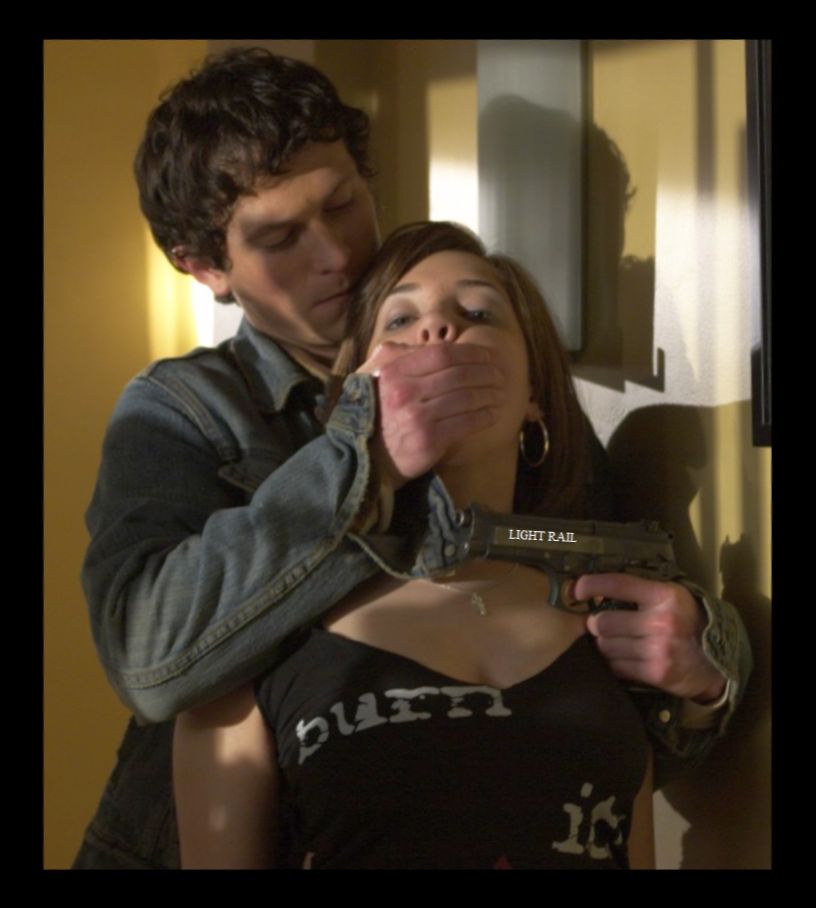 For the widest range of readers.
For the widest range of readers.
read online the full version of the book "Hostage of Emotions" by Leslie Cameron-Bandler on the website of the electronic library MyBook.ru. Download apps for iOS or Android and read "Hostage of Emotions" anywhere, even without the Internet.
Read the passage
Detailed information
- edition:
- 2004
- ISBN (EAN):
- 5938781426
005
"Success or be in time"
Alexey Goncharov
NI SY. Be confident in your abilities and don't let doubts stop you from moving forward
Jen Sincero
The subtle art of giving a fuck. A paradoxical way to live happily
Mark Manson
The subconscious can do anything!
John Kehoe
The subtle art of not giving a damn. A paradoxical way to live happily
Mark Manson
The richest man in Babylon
George Samuel Clason
NO.




